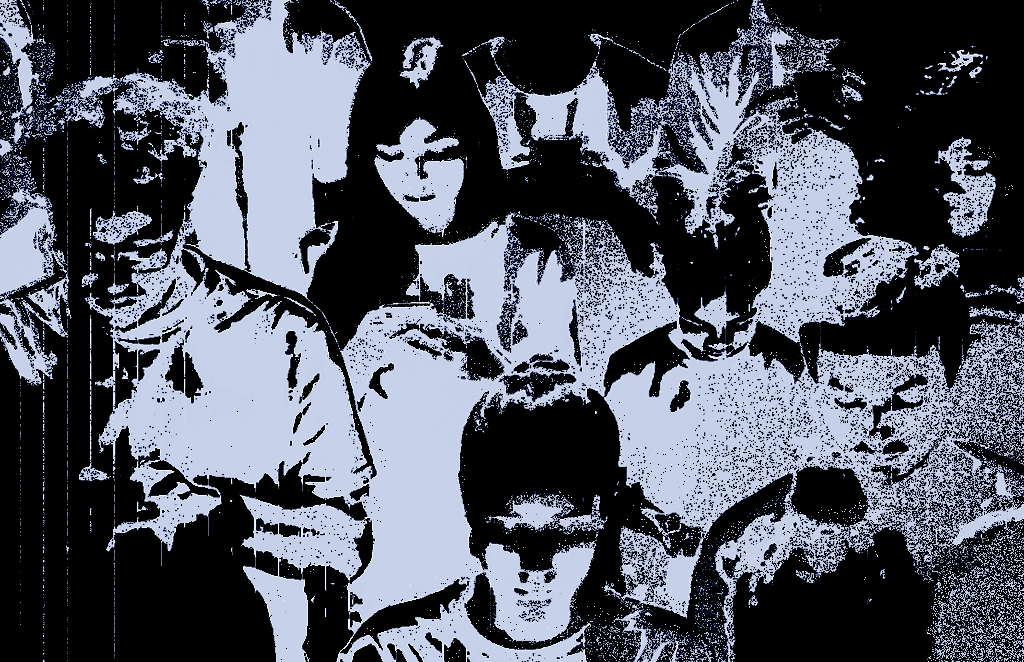
Disappointment as peers fail to protect privacy on encrypted chats
Watching last night’s debate in the House of Lords was a disappointing experience as peers failed to protect the privacy of the 40 million British people who use private chat service. It was the final session of Report Stage in the House of Lords, and the last chance for the Online Safety Bill to be amended, before the Bill becomes law. As you might expect, one of the most thorny issues in the Bill was left until last.
The issue last night was about the powers in the Online Safety Bill that will allow Ofcom to force tech companies to scan chat messages on behalf of the government. Given the scale of use of these services, it will effectively introduce a form of mass surveillance and all experts agree that the necessary technological solution will compromise end-to-end encryption. The powers would also enable Ofcom to give similar mandates to public social media platforms and other services.
The issue being debated concerned who should oversee these powers. In summary, should a judge review what Ofcom does and should the review be conducted on the same principles that would be used in a court? This would have allowed for any scanning obligations given by Ofcom to tech companies to be reviewed under human rights standards.
There was cross-party support for Labour amendments to that effect, which would have provided judicial oversight of these powers. The numbers were there for it to have passed, and forced the government to re-think. But Labour decided not put them to the vote and the government got its way.
The Labour amendment was tabled by Lord Stevenson, who leads on this Bill for Labour in the Lords. His body language and his speech suggested indicated a conflicted position. He admitted that this has been one of the most difficult issues in the Bill to find a balance. He understood that what’s at stake is about breaking end-to-end encryption and “an attack on privacy which would be a very bad step”.
With that in mind, he called on the government to withdraw their amendment and bring it back at Third Reading, to give more time for proper consideration of this issue. But the Minister rejected the request. The Lords agreed without a vote to the government amendment that appears to be a concession, but in fact adds little. It says that Ofcom should have a “skilled person” (i.e. a consultant) provide a report.
The Liberal Democrats, who had co-signed the Labour amendments, had made a last-ditch attempt to table an alternative. It gave Ofcom the option to ask the Information Commissioner to review the Notices. It didn’t stand much of chance, especially as Ofcom already has an option to consult with the Information Commissioner’s Office built into the Bill.
There was noticeably some uncertainty around this issue, and peers questioned the government on some key points.
Baroness Fox wanted the government to puts its cards on the table about the possible impacts on encrypted messaging services. The government claims that there is no requirement to weaken end-to-end encryption, but has never come clean as to how it expects Ofcom’s powers to be implemented. Baroness Fox asked the Minister for a written response to explain “scientifcally and technologically why the experts are wrong”.
The Minister responded with the government’s standard answer that the Bill does not require the breaking of end-to-end encryption and Ofcom will only use these powers on an encrypted service when it is “technically feasible”. He said that his written answer would be the same. We look forward to reading it.
Baroness Stowell asked about the government’s intentions on general monitoring. The Minister said that government have no intention to require platforms to carry out general monitoring, but she wanted to know “how is that specific in any of the amendments he has tabled?” Lord Stevenson also asked “where is this on the statute?”
It was very disheartening to see how the government got its way so easily. Overall the British public was let down and it is yet another case of the government trampling on our rights.
Don’t Scan Me!

KEEP UP with the latest developments
Subscribe to our newsletter to receive updates on the latest developments affecting your digital rights.
Sign up now